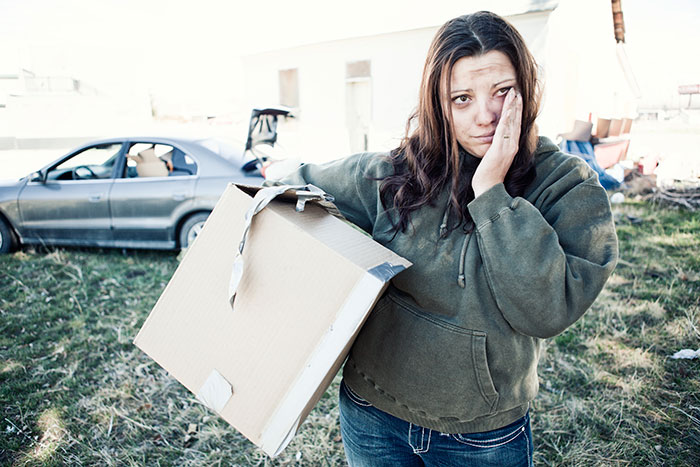
Professor Philip Alston, the United Nations’ special rapporteur on extreme poverty and human rights, was blunt in his recent analysis of the impact of UK austerity policies, arguing that: “British compassion for those who are suffering has been replaced by a punitive, mean-spirited and often callous approach.”
Alston was speaking at the end of a two-week mission to the UK, following months of evidence-gathering by his team. He travelled the country, hearing firsthand accounts from people living in poverty and talking to researchers, think-tanks and charities.
His conclusions were a stark condemnation both of the government policies that were pushing so many into poverty and the stubborn refusal of ministers to admit there is a problem. The benefits freeze, two child limit, delays in universal credit and a punitive sanctions regime have inflicted “great misery on the working poor, on single mothers struggling against mighty odds, on people with disabilities who are already marginalised, and on millions of children who are being locked into a cycle of poverty”, Alston wrote. Meanwhile, the UK government “has remained determinedly in a state of denial, refusing to admit that their policies might be causing a problem”.
Fourteen million people live in poverty in the UK – a fifth of the population. Of these, 4 million are more than 50% below the poverty line and 1.5 million are destitute, unable to afford even basic essentials. As Alston pointed out, these outcomes are a “political choice”. Since 2010, austerity policies that will cut social security benefits by £35bn a year by the early 2020s have joined tax cuts for the wealthy that will cost the Treasury £47bn per year by 2021-22. These cuts have forced millions of people into poverty.
It is hard to argue with Alston’s comment that “if you got a group of misogynists in a room and said how can we make this system work for men and not for women, they would not have come up with too many ideas that are not already in place”
The UN report cited analysis by the Women’s Budget Group and the Runnymede Trust. This showed that tax and benefit changes have hit the poorest hardest, women harder than men, and black and minority ethnic women hardest of all. We have also found that disabled lone mothers with a disabled child stand to lose over £10,000 a year on average, nearly a third of their income.
At the same time, local authorities have seen a 49% cut to their funding, while demand for public services is rising. This has created a crisis in public services, hitting women hardest as they use such services more than men, are more likely to work in the public sector and more likely to have to increase unpaid work when public services disappear.
It is hard to argue with Alston’s comment that “if you got a group of misogynists in a room and said how can we make this system work for men and not for women, they would not have come up with too many ideas that are not already in place”.
There are a range of actions that the government should take to improve outcomes for women, including ending long waits for universal credit payments and allowing partners to split payments between them, so women can retain financial autonomy and avoid the risk of financial abuse.
Needs assessments should guide both benefit payments and the distribution of local government funding, while health, education and social care must be invested in. These services are vital to both the economy and individual’s wellbeing and life chances. Equality impact assessments of all spending and revenue-raising policies must also be carried out, published and monitored.
The human cost of the government’s austerity policies has had a devastating impact on the lives of many families. This report should be a much-needed spur to action.
The Women’s Budget Group submission to the Special Rapporteur can be read here and its report on the causes and consequences of women’s poverty can be found here




















